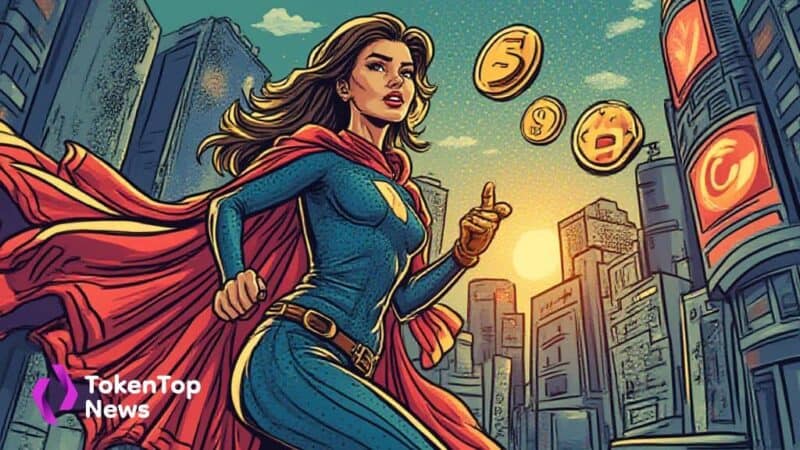Native Markets Leads USDH Bid with Strong Staking Odds
- Native Markets holds a 70.59% stake in USDH bid.
- A 93% chance of controlling USDH protocol.
- Significant impact on DeFi integration and liquidity.

Native Markets currently holds 70.59% of the USDH staked amount, significantly boosting its chances of securing protocol control during the formal vote on September 14, 2025, at 18:00 UTC+8.
This intense bid power struggle impacts the DeFi landscape, with potential shifts in liquidity markets as key stakeholders rally behind Native Markets and potential integration lowers market volatility.
Native Markets’ Dominance in USDH Protocol
Native Markets currently holds 70.59% of the total staked amount for the USDH bid. The formal vote will start on September 14, 2025. Their dominant position increases their probability of taking control of the USDH stablecoin protocol to 93%.
Key players in this bid include Native Markets, Paxos Labs, and Ethena. Max Fiege, a notable figure in the Hyperliquid ecosystem, leads Native Markets, which has pledged to share revenue with the ecosystem. Ethena’s proposal involves backing by BlackRock. “We are committed to distributing 100% of revenues to support the Hyperliquid ecosystem,” said Max Fiege, Founder of Native Markets.
The high stake by Native Markets hints at a significant shift in market dynamics. Their control over USDH may enhance its integration within the DeFi sector, potentially expanding its liquidity across decentralized financial platforms and impacting key tokens.
Financial and strategic implications are clear for DeFi markets. With their dominance, potential changes involve massive annual cash flow increases and heightened institutional participation around USDH. Community concerns focus on centralization risks counterbalanced by operational efficiencies.
The bid’s result could reshape liquidity strategies in the digital currency sphere. Stakers’ decisions may influence the market, reflecting previous stablecoin governance showdowns. Dominant stakeholder moves often lead to liquidity shifts and price volatility.
Historical trends suggest large stakers like Native Markets could introduce new market outcomes through potential protocol changes. Increased project activity and smart contract innovations play a role in these dynamics, alongside noted Tech infrastructure moves by stakeholders like Stripe and BlackRock.




